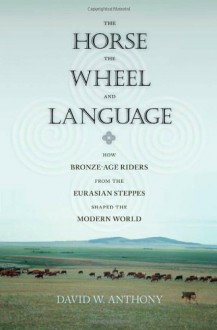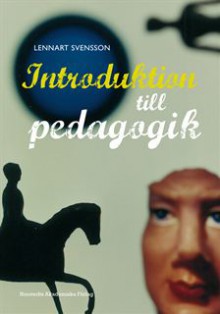
"After a lecture to teachers where my young daughter was present, the following conversation occurred:
Teacher to my daughter: 'It must be boring having a mother who knows so much about computers, you can't get away with anything'
Afterwards my daughter whispered to me 'Mum, they don't get it. If you have parents that understand the internet, you get to do just about anything!'"
The above little anecdote is in the foreword to this excellent book, and is a good example of the tone of the rest of it. Academic it might be, but it's no dry treatise written by someone exoticising the "culture of the young" or looking for technical answers to social problems that don't really exist except in the minds of the fearmongers in the tabloids.
So I didn't review anything for a week, and now my last two reviews are of textbooks. But this one is really really good, and I wish it was available in English (some of Elza Dunkels other books are, but not this one, yet.)
Elza is a doctor of Pedagogik, which is often translated into Education but here in Scandinavia it's an offshoot of both Philosophy and Psychology as disciplines, and more like the "Philosophy of Education" faculties that some US universities have.
As mentioned, Dunkels has teenage children, and is effectively "one of us" - an internet denizen parenting other internet denizens. She is pretty well known as an expert on children and the internet here in Sweden, and not by accident. In the endless debate about internet predators, she will be the voice of reason, bringing the discussion back to reality, and her research is based on a long ongoing project working directly with children.
So instead of "zomg, there's pedobears on teh intarwebz", we get discussion on the dangers of things like "thinspiration" groups on tumblr and facebook.
Instead of a chapter on how to keep kids out of porn, there's talk of how many pre-teens are so offended by porn themselves, that they take the endless admonitions not to look at it as insults and proof that those in authority "don't get it".
Instead of coming down on girls for posting scantily clad pictures of themselves on the net, there's a discussion about how kids don't have a long term view, and how to talk to them about the fact that the wayback machine etc mean these pictures may well still turn up years from now. And more to the point, that posting a picture of onesself in a bra is most often not at all sexualised in the mind of a 13 year old, but more likely to be motivated by fashion photography and things like top model, and it'd be more effective to work on the fashion industry itself, and discuss that with your teenagers, than to freak out that they put a picture on the internet.
The only reason this doesn't get a 5 is that, like any book about technology, it's going to date quickly. Even this second edition, from 2012, has a few examples that are going to fly right by some people - discussion of the website Lunarstorm for instance, which was huge among swedish teenagers when my older daughter was an adolescent - she's almost 23 now, and Lunarstorm hasn't been cool in probably 8 years and hasn't existed at all for the last 3. I expect in a couple of years, even many of today's hot properties will have suffered the same fate, and although the heavy use of examples makes the book very accessible, it's also in some ways it's weak point.
I really really wish this book was available in English, because I would quite seriously buy a copy for at least three people I can think of right this second. And it's accessible enough, and such an easy read, that I think they might actually get something out of it, despite the academic background.


 Log in with Facebook
Log in with Facebook 








